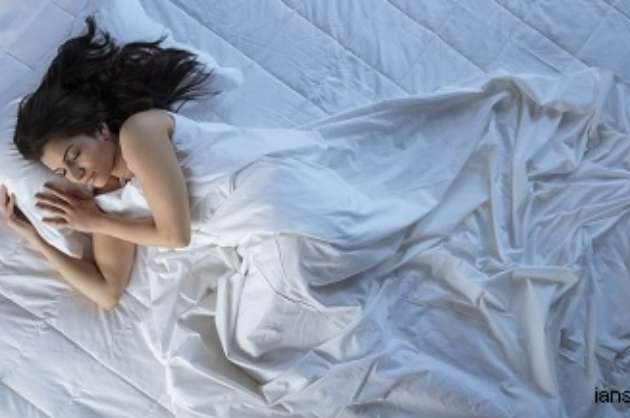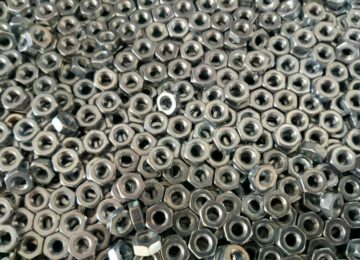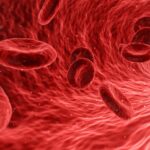Sydney, July 3
A team of researchers have successfully repurposed two existing medications to reduce the severity of sleep apnoea in people by at least 30 per cent.
Sleep apnoea is a condition where the upper airway from the back of the nose to the throat closes repetitively during sleep, restricting oxygen intake and causing people to wake as often as 100 times or more per hour.
Those with untreated sleep apnoea are more likely to develop cardiovascular disease, dementia and depression, and are two to four times more likely to crash a car than the general population, indicates the study published in The Journal of Physiology.
"We were thrilled because the current treatment options for people with sleep apnoea are limited and can be a painful journey for many," said researcher Danny Eckert from Flinders University in Australia.
Previous research showed two classes of medication — reboxetine and butyl bromide — were able to keep muscles active during sleep in people without sleep apnea and assist their ability to breathe.
By repurposing the medications, researchers used a multitude of recording instruments to measure whether reboxetine and butylbromide could successfully target the main causes of sleep apnoea.
This included balancing the electrical activity of muscles around the airway, preventing the throat from collapsing while people were sleeping, and improving the regulation of carbon dioxide and breathing during sleep.
The results from the study showed these medications did in fact increase the muscle activity around participants' airways, with the drugs reducing the severity of participants' sleep apnoea by up to one-third.
ians




























